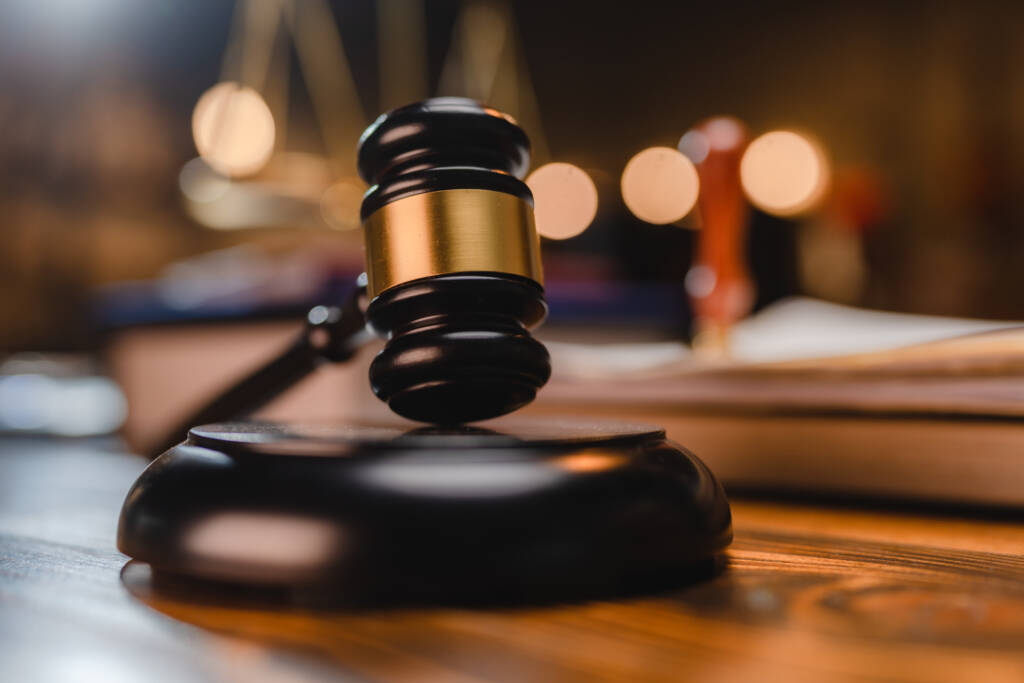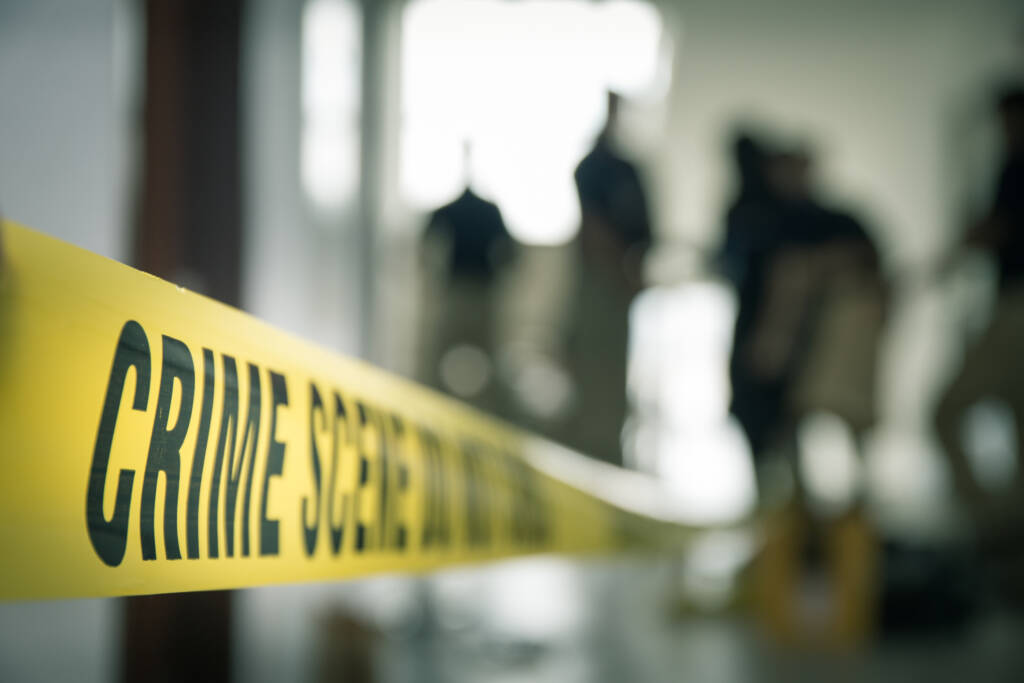
Careers in Criminal Justice 1b

Have you ever thought about a career as a police officer, an FBI or DEA agent, or any occupation that seeks to pursue justice for all? Careers in criminal justice can be found at local, county, state, federal, and international levels, and even in the private sector. Explore some of the various occupations in this field through this course, while simultaneously learning how they interact with each other and other first responders.
Discover important aspects of criminal justice careers, such as implementing interviewing techniques, collaborating with other agencies and departments, cooperating with global partners, and communicating with various audiences. All of these tasks are completed while understanding the importance of ethical decision-making in criminal justice. It is important to know and have the character required to know the difference between right and wrong to be successful in this field. If a career in criminal justice is something you hope to pursue, the course ends with some helpful information for finding employment in criminal justice.
During this course, you will learn career-related skills and earn a badge for this accomplishment. A badge is a digital certification of your career-related learning that you can share on social media and higher education platforms, or with colleges, potential employers, peers, and colleagues. Select this link to learn more about badges.
Major Topics and Concepts
Unit 1: The Role of Private Security
- Compare and contrast public security agents to private security workers
- Recall the history of private security in both ancient and modern societies
- Identify career opportunities available in private security and their responsibilities
- Characterize special investigative units such as the Secret Service and its role in security
Unit 2: Other Roles in Criminal Justice
- Summarize the role of a SWAT team member
- Analyze similarities and differences between detectives and private investigators
- Understand the different roles and responsibilities of the US Border Security and its divisions
- Recall the purpose of the United States Drug Enforcement Agency (DEA)
Unit 3: Working with Medical Emergency and Fire Departments
- Describe the role of emergency medical services in public safety
- Explain the duties and responsibilities of firefighters
- Research and participate in community and student organizations
- Examine the roles and responsibilities of first responders
Unit 4: Global Perspective: Collaborating with Interpol
- Explain the goal of Interpol
- Describe the history of Interpol
- Discuss the different job roles that exist within Interpol
- Identify how Interpol collaborates with law enforcement agencies to stop international crime
Unit 5: Spotlight on Interrogation
- Describe interview techniques used by law enforcement
- Determine how establishing rapport can benefit police officers in their jobs
- Explain how police officers effectively communicate with suspects and inmates
- Identify elements of wrongful conviction and resources for victims of wrongful conviction
Unit 6: Evaluating Ethics in Criminal Justice Systems
- Discuss both perspectives of common ethical quandaries in the criminal justice field such as the death penalty or solitary confinement
- Understand the codes of ethics for the criminal justice system and specifically law enforcement officers
- Explain laws, regulations, and policies that govern criminal justice professionals
- Analyze how constitutional laws impact law enforcement officials and their actions
Unit 7: Communication in Criminal Justice
- Explain the purpose and demonstrate the use of communication codes and the phonetic alphabet
- Describe different equipment and protocols used by law enforcement officers to communicate with each other and the public
- Identify communication and jurisdictional problems that may arise as multiple agencies work together
- Identify the unique interpersonal skills required in communicating with inmates, coworkers, and the general public
Unit 8: Finding Employment in Criminal Justice
- Identify sources of information for employment and training opportunities and career options in the field of criminal justice
- Conduct a job search and identify the training, experience, and other qualifications required for different positions
- Complete a job application, resume, and cover letter
- Apply effective job interview techniques
Competencies
Careers in Private Security
Students will demonstrate an understanding of careers in private security by differentiating between public security agents and private security workers, explaining the history of private security, and describing private security careers.
Careers in Criminal Justice
Students will demonstrate an understanding of careers in criminal justice by summarizing the roles of the United States Border Security and SWAT team members, differentiating between detectives and private investigators, and explaining the purpose of the United States Drug Enforcement Agency.
Careers in Medical Emergency and Fire Departments
Students will demonstrate an understanding of careers in medical emergency and fire departments by explaining the roles of emergency medical services, explaining the roles of fire services, and describing student and community organizations.
Role of INTERPOL
Students will demonstrate an understanding of the role of INTERPOL by describing the goals of INTERPOL, explaining the collaboration between law enforcement and INTERPOL, and describing the roles within INTERPOL.
Role of Interrogation in Law Enforcement
Students will demonstrate an understanding of the role of interrogation in law enforcement by describing interview techniques used by law enforcement, explaining communication of police officers with suspects and inmates, and describing elements of wrongful convictions.
Ethics in the Criminal Justice System
Students will demonstrate an understanding of ethics in the criminal justice system by describing the code of ethics for the criminal justice system, explaining ethical quandaries in the criminal justice field, and describing constitutional laws’ impact on law enforcement officials.
Communication in Criminal Justice
Students will demonstrate an understanding of communication in criminal justice by explaining the purpose of communication codes and the phonetic alphabet, describing communication tools and techniques used by police officers, and summarizing problems resulting from communication across multiple agencies.
Finding Careers in Criminal Justice
Students will demonstrate an understanding of finding careers in criminal justice by summarizing sources of information for employment in criminal justice fields, describing elements of the application process, explaining job interview techniques, and describing the process for making job changes.

